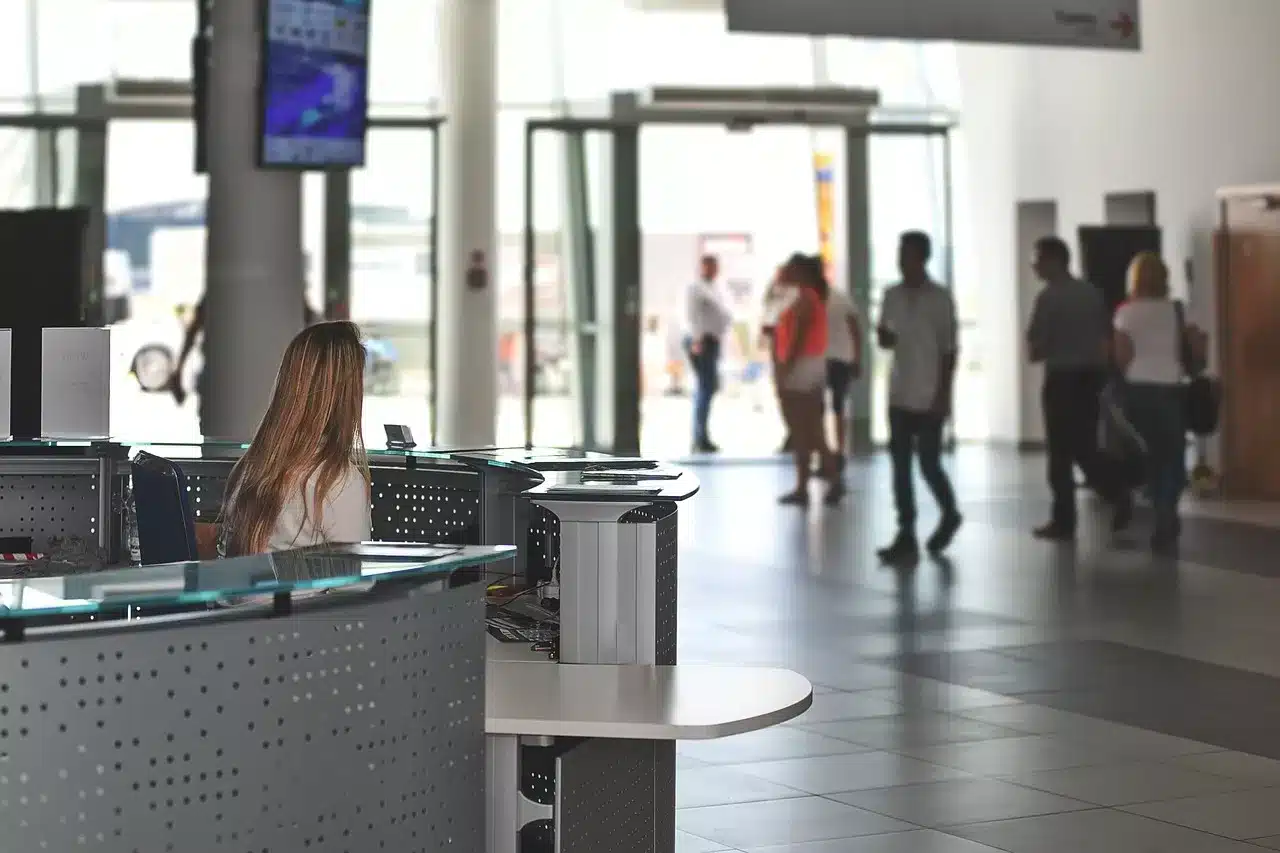Year after year, the level of happiness felt by Polish men and women at work is falling, as well as the assessment of employers’ efforts in caring for employees’ satisfaction. The percentage of people who would recommend their job has also decreased from 31% to 19%. There is a clear increase in employees’ attachment to work-life balance. Among the most important factors influencing happiness at work, besides remuneration, were a sense of purpose in the job, a friendly atmosphere, the ability to maintain a balance between professional and private life, and the possibility of remote work. However, the importance of relationships with superiors and development opportunities has decreased.
Currently, the happiness index for Poles at work is 5.8 on a 10-point scale – a year ago it was 6.8. This is data from the latest, 8th edition of the “Happiness at Work of Poles” report. More than 86% of respondents pointed out good remuneration as the most important factor influencing their sense of professional happiness. What does this mean? The highest percentage of respondents – 44% – indicate a desired salary level ranging from 7k to 12k PLN net. At the same time, the majority of respondents, that is ⅓, earn between 4.5k and 7k PLN net. It is not surprising that the happiness index is higher among people who believe their employment situation is stable (about 70% of respondents) and equals 6.4. Among those fearing for their employment, it is 4.2.
“Financial gratification, especially during a crisis, is not always an available solution for companies that want to care for employee well-being. However, you can also care about team satisfaction in other ways, e.g. by building strong leadership that sets an example and reminds of common values, building relationships within the company, taking care of development and knowledge exchange or meeting other needs, such as remote work or flexible working hours” – comments Paulina Król, Chief People and Operations Officer from No Fluff Jobs – a Polish job search site that has been making it easier for candidates to find a job that matches their financial expectations for 10 years, co-author of the report.
Employed individuals attach increasing importance to work-life balance. Other elements building a sense of happiness among employees include a sense of purpose at work, a friendly atmosphere, the ability to maintain a balance between professional and private life, and the possibility of remote work. All these reached very similar percentages – approximately 74.5%. Compared to last year, there is a clear increase in the awareness of the value of work and work-life balance. In 2023, good remuneration also came first, but the following places were occupied by aspects such as co-workers you can rely on, a friendly work atmosphere, relationships with superiors, and opportunities for development.
“We believe that the results of the eighth edition of the ‘Happiness at Work of Poles’ report will be an impulse for employers to introduce changes that will increase the satisfaction of their teams. Happiness at work is not only a benefit for employees – a satisfied team also means higher engagement, greater productivity, and less turnover, which directly translates into company results. Creating a working environment in which employees feel appreciated, are developing, and building good relationships, is an investment that always pays off” – says Natalia Bogdan, president of the Jobhouse employment agency, co-author of the study.
The percentage of people who would recommend their job has fallen by 12 pp in a year.
Respondents rated employers’ efforts to care for employees’ sense of happiness at work quite low – 4.7 on a 10-point scale. Compared to last year’s results, it marks a decrease by 0.9 point. The percentage of people ready to recommend their job has also significantly dropped – from 31% to 19%.
The most frequently indicated element requiring improvement, in order for employees to recommend their job, remains remuneration (51% of responses). The next places were occupied by the possibility of development and a sense of purpose in the job (both 41%).
On the other hand, the main encouraging factors were: the offered dimension of remote work (47%), flexible working hours (46%), and the ability to balance private and professional life (45%). The fourth place was occupied by a friendly work atmosphere (44%), and the fifth by co-workers you can rely on (42%) – interestingly, last year this aspect was at the top, with 56% of responses. Good remuneration only took the sixth place (37%).
“Creating happiness at work is a complex task, and although good remuneration plays a crucial role, it is not the only factor influencing employee satisfaction. Remuneration must not only be competitive, but also be perceived as fair and deserved. It must also be combined with development opportunities and a supportive working environment to create true happiness at work,” adds Paweł Jemioł, director of operations at Nordea Group, which is a partner of the report.
The “Happiness at Work of Poles” study was conducted on a sample of 1016 people with secondary and higher education, who mostly work currently in large cities. The study was carried out between September 24th and October 22nd, 2024 using an online survey.
Source: https://managerplus.pl/polacy-coraz-mniej-szczesliwi-w-pracy-spada-zadowolenie-i-gotowosc-do-polecania-pracodawcow-76509
